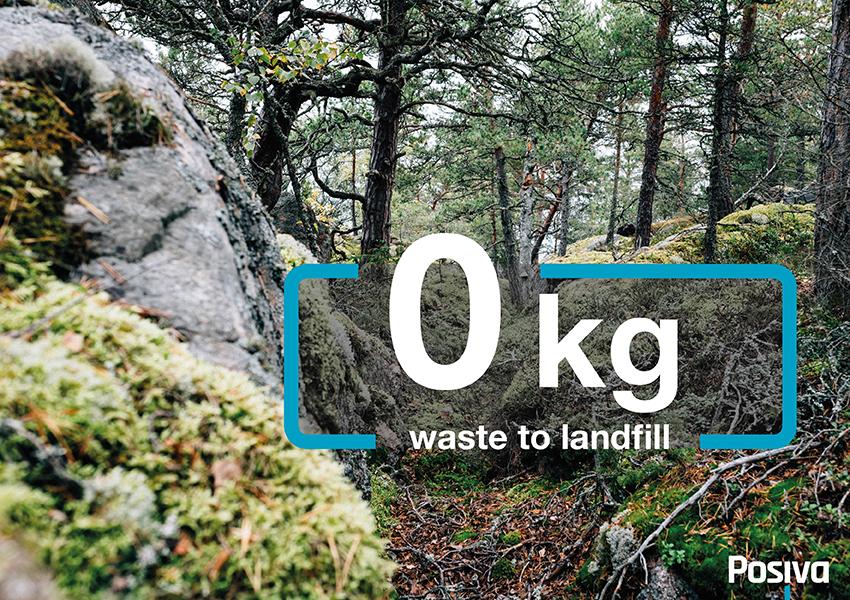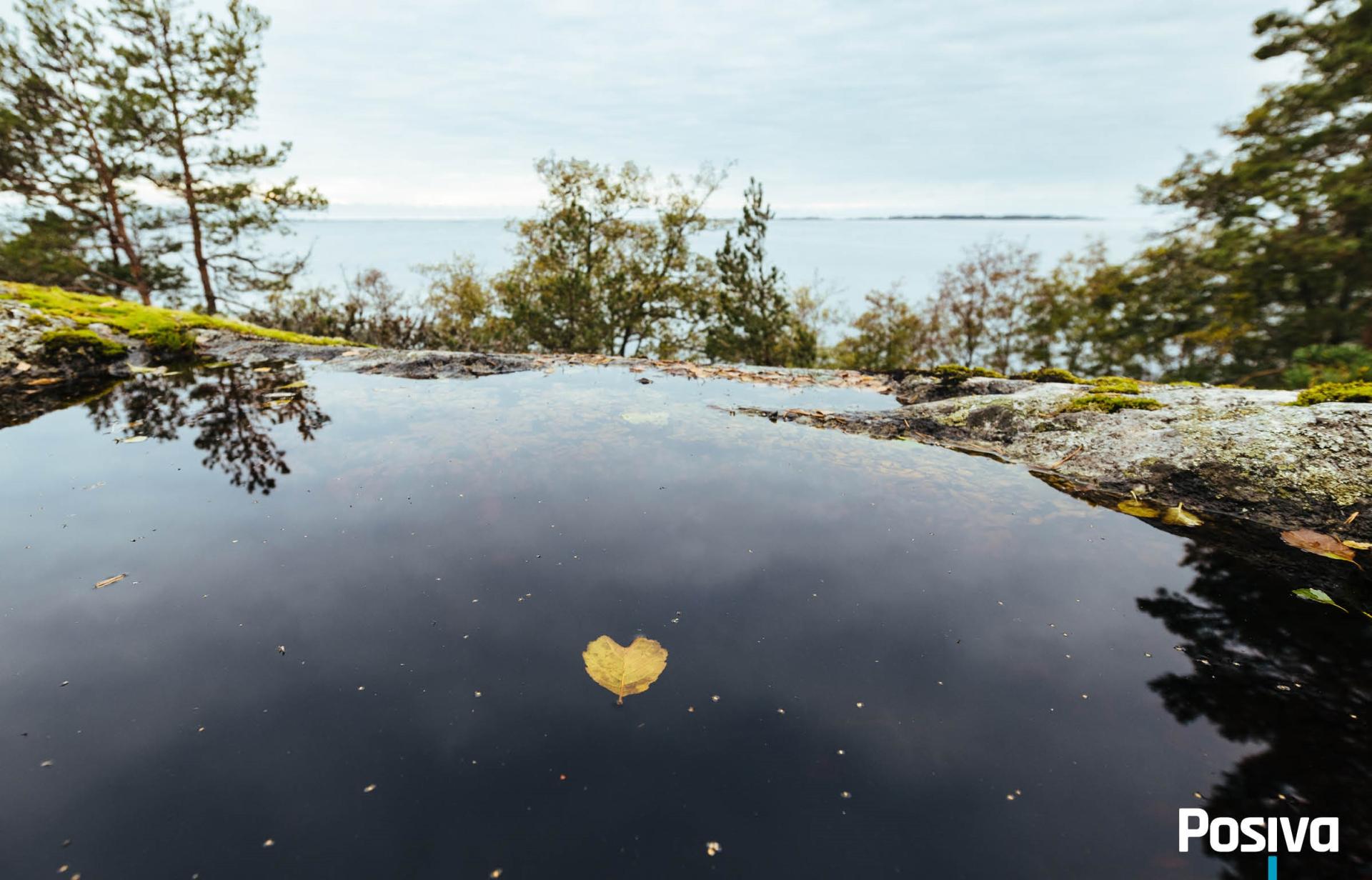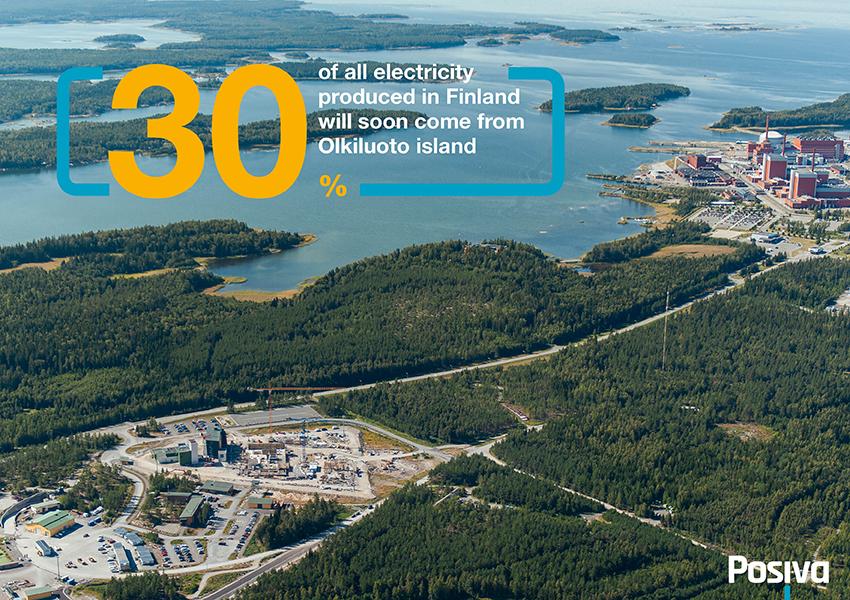Environmentally responsible solution
Posiva is about to become the first company in the world to deploy a safe final disposal solution for spent nuclear fuel.
The final disposal of spent nuclear fuel has also been examined through environmental impact assessments. Posiva plays a significant role in the fight against climate change as the final disposal solution is part of the nuclear power life cycle Environmental responsibility for final disposal is also on a financially sustainable foundation because, in Finland, nuclear power companies must cover the costs of nuclear waste management and the requisite funds are set aside in the State Nuclear Waste Management Fund.
Posiva’s environmental management system has received ISO 14001:2015 certification. Posiva has also committed to the Energy Efficiency Agreement, which requires responsible and efficient energy use in order to reduce carbon diocide emissions that exacerbate climate change. Posiva is well aware of the environmental effects of its operations. Risks are prevented to avoid environmental damage and keep chemicals and organic materials that foreign materials from being introduced to the final disposal facility’s bedrock through human activity.

Environmental surveys have been conducted on Olkiluoto Island since the 1970s – years before electricity production was initiated in the area. The basic state surveys carried out during the early years have laid the groundwork for environmental monitoring programmes focused on radiation monitoring and impacts on water systems. Olkiluoto Island is one of the most studied areas in Finland, and detailed information has been collected about its diverse nature. For example, the island holds four nature reserves which feature varying habitats. The Liiklankari nature reserve, which is close to the Posiva facilities, is part of the national old growth forest conservation programme. Liiklankari is also part of the Rauma archipelago, which is covered by the Natura 2000 network.
Olkiluoto Island is about 900 hectares in area, a total of 170 hectares of which is taken up by the facilities constructed for nuclear power production and final disposal. Once the Olkiluoto 3 unit is in operation, about 30% of the electricity consumed in Finland will be produced in Olkiluoto. Concentrating the energy production and the final disposal of spent nuclear fuel into a small area minises the environmental impacts and enables the conservations of natural environments elsewhere. In proportion to the amount of energy produced, the waste volumes are low and the operations take up very little space.

In order to construct the final disposal facilities, about 500,000 solid cubic metres of bedrock has been excavated in Olkiluoto by the year 2020. The majority of the blasted rock aggregate has been used for construction purposes on Olkiluoto Island and nearby areas. The aim is to minimise impacts on the surrounding nature in all preparations for the final disposal activities, such as methodological analyses and construction operations. TVO Group organises induction training courses for its new employees to highlight a variety of matters including factors related to environmental responsibility.
In terms of municipal waste, TVO Group is committed to reducing waste volumes and promoting circular economy. Posiva’s activities currently generate no landfill waste at all, because all municipal waste is either utilised as material or transported for energy production purposes.
